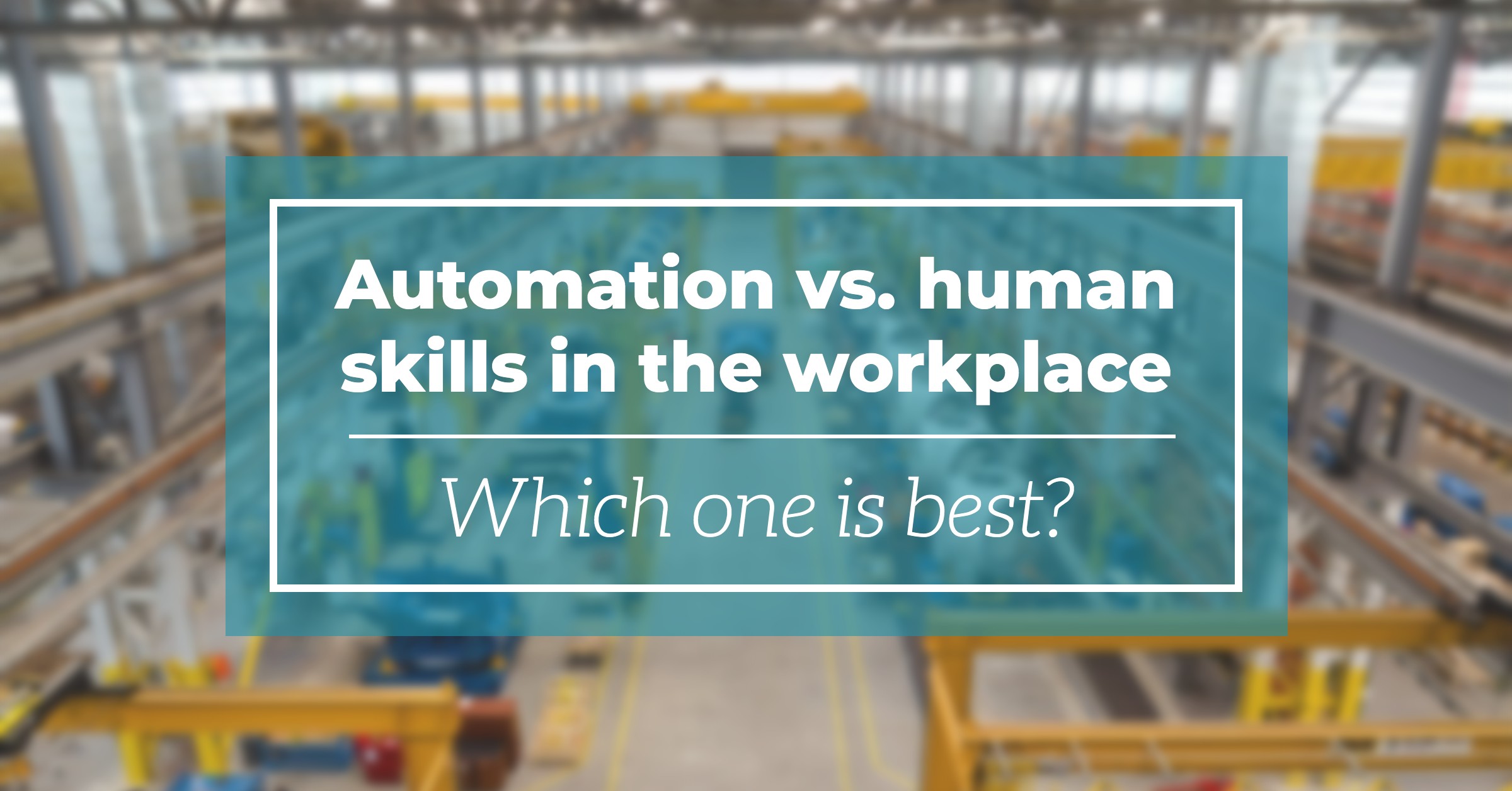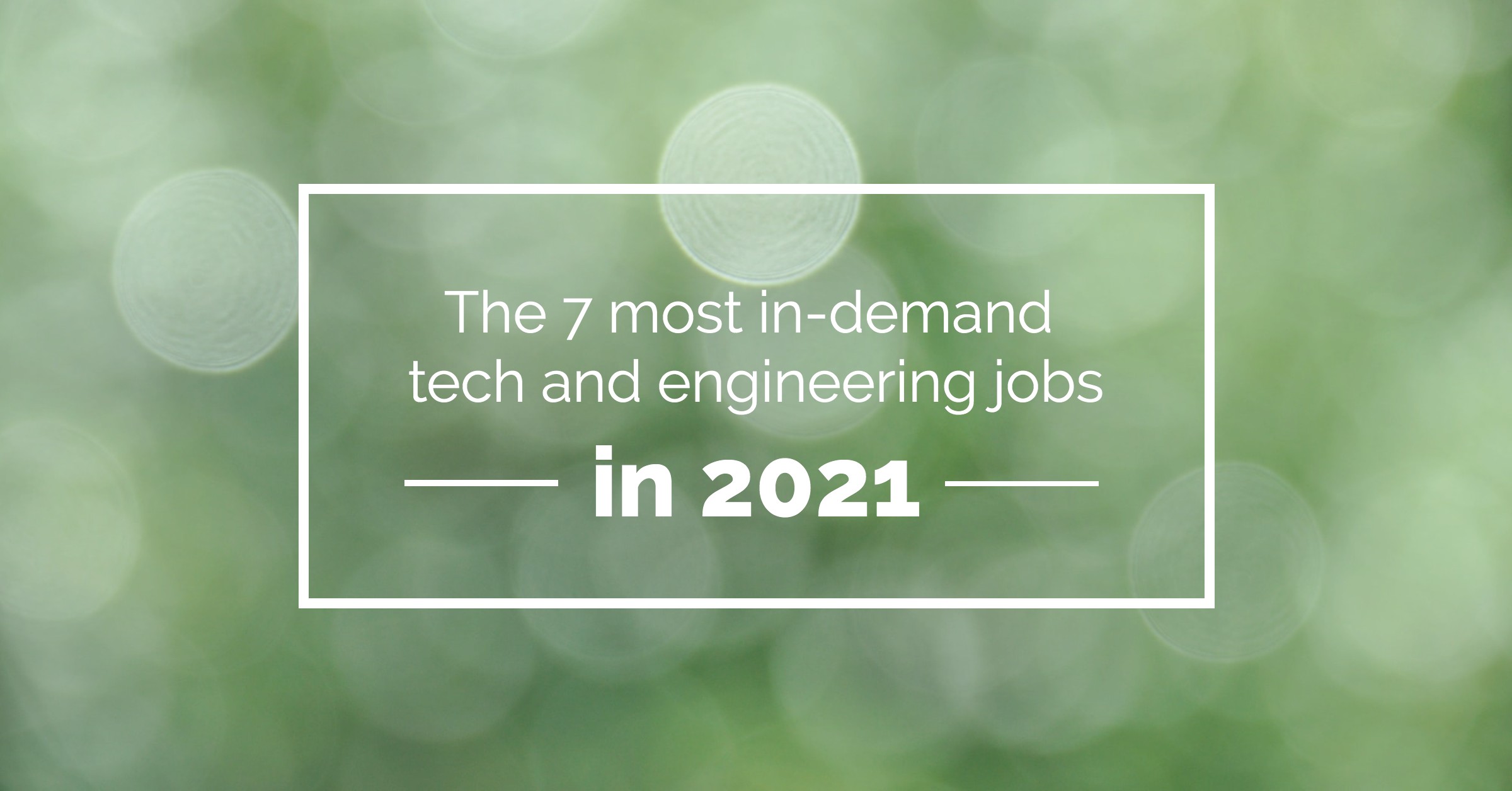Technologists have long predicted that someday machines will be able to do all necessary work without human assistance. As it stands today, there’s already a lot that can be automated. Self-driving cars, machines that read X-rays, and self-serve checkouts are powerful new forms of automation.
As automation technologies play an increasingly important role in everyday life, their potential impact on the workplace has become a major focus of research and public unease. A study claims the U.S. is projected to lose more than 1.5 million jobs to automation over the next decade. The number of robots in the workforce today has also multiplied threefold over the past 20 years. This raises the question: where’s the line when it comes to automation and human skills in the workplace?






